Risks and rewards await Cambodia property seekers
Rapid credit growth and high private sector debt are putting pressure on Cambodia’s property market. But opportunities are plentiful for investors willing to roll the dice
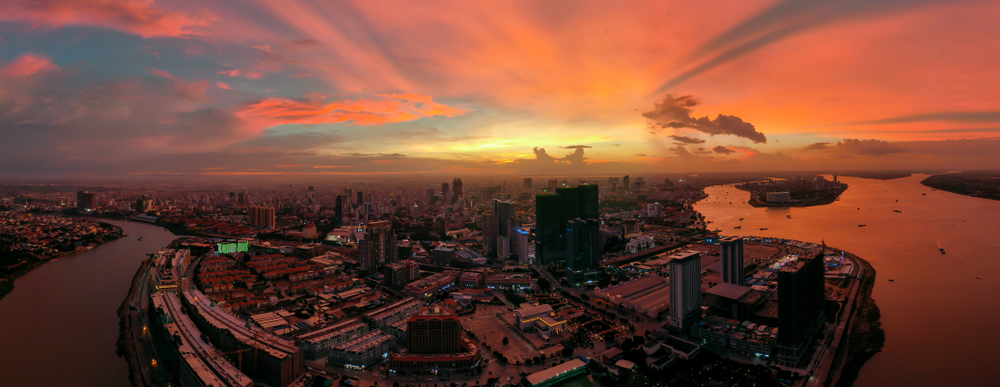
Cambodia is not quite the country it once was, but plenty of familiar patterns and trends continue to manifest.
The economy, the IMF predicts, will be Southeast Asia’s fastest-growing in 2024, but risks lurk. The nation is also under new management, albeit an extension of the political establishment.
Like most countries, Cambodia has not been immune to the anaemic global economic growth witnessed since the pandemic and the conflict in Ukraine, evidenced by slumping merchandise exports and diminished manufacturing jobs. The heavily dollarised economy has also been under the strain of tight US monetary policies.
Despite high borrowing costs, construction, real estate, and mortgages contributed 43 percent to total credit growth in February 2023, up from 37 percent during the same period in 2022, according to The World Bank. More worryingly, the country’s credit-to-GDP ratio hit a monstrous 183.7 percent in 2022.
“The recent rapid credit growth and relatively high private sector debt, with a concentration in real estate related exposures, pose key risks to Cambodia’s macro-financial stability,” warns The World Bank.
Now is a very good time for foreigners to come and look at the Cambodian real estate market. You have more choices—good location, good property, good price
Experts attributed the heightened debt in the real estate sector to, among others, shadow banking and speculation. Meanwhile, property seekers continued to face cashflow constraints, with the government prolonging its pandemicera cash transfers to poor, disadvantaged households by another year.
“The supply was very high even before Covid hit,” says Sorn Seap, president of the Cambodian Valuers and Estate Agents Association (CVEA). “There’s uncertainty in the market, so people don’t want to invest in the property market, especially in residential.”
As of the third quarter of 2023, Phnom Penh had an inventory of over 53,000 completed condominium units, according to CBRE Cambodia. Alongside the surge of supply, an abundance of condo rental units entered the market. In the meantime, average condo sales prices saw a year-onyear decline, ranging from one to 4.1 percent across high-end to affordable units.
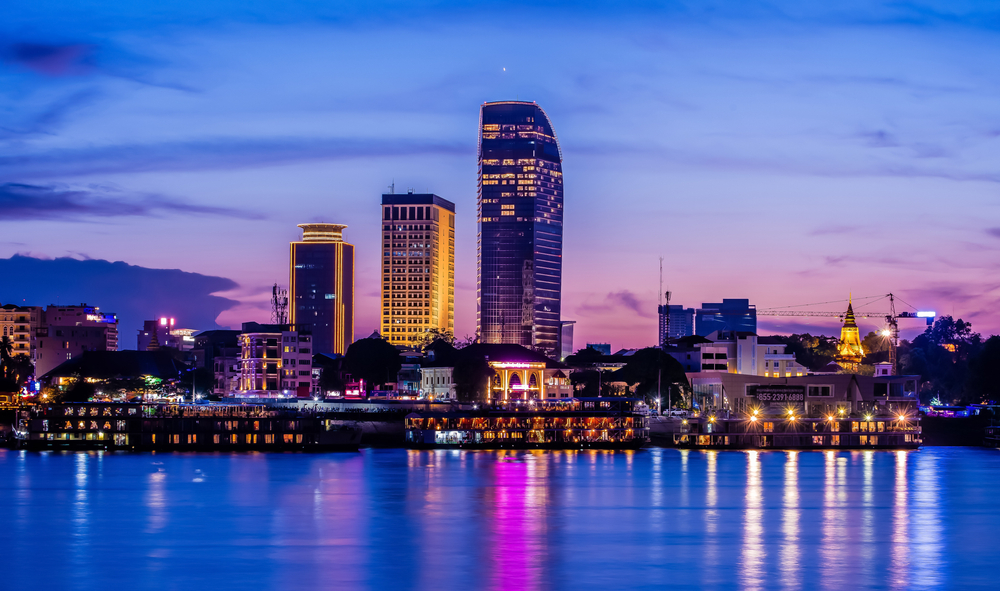
The price corrections, although not as steep as 2020, have attracted opportunist bulk purchasers hoping to capitalise on the lull. “Now is a very good time for foreigners to come and take a look at the Cambodia real estate market,” says Sorn. “You have more choices—good location, good property, good price.”
CBRE Cambodia noted a shift in focus towards affordability among launches, with developers hoping to court local buyers amid sluggish international demand. For its part, major developer OCIC Group has purposely kept the price points of its award-winning new condominium project Diamond Bay Garden accessible to locals.
“Given the current environment, I think it’s quite strategic for now to have Diamond Bay Garden successful at a relatively affordable price,” says Thierry Tea, vice president at OCIC.
Phnom Penh also saw over 400 landed property developments completed by Q3, reports CBRE Cambodia. Landed housing in the metropolis continues to scale new heights of quality, with award-winning examples like Siha Residence at 60M Road and the Star Mera Garden project in Dangkao.
Price corrections among landed developments persisted though. The gap between asking and achieved prices widened, with asking prices for single and twin villas and shophouses plunging year-on-year by 13 to 14 percent.
“A few years before 2023, a lot of local buyers invested in a residential property because they had made high profits, especially in landed housing,” says. “But now people have to focus on their businesses and day-to-day income.”
Historically, local property seekers tend to prefer living in boreys or gated communities, in contrast to the condo market which is dominated by foreigners. Phnom Penh’s average land values remained stable at USD2,300 per square meter in H1 2023, consistent with the previous year, according to CVEA. Certain districts, such as Daun Penh, Boeung Keng Kang, and 7 Makara, reached as high as USD5,340 per sqm.
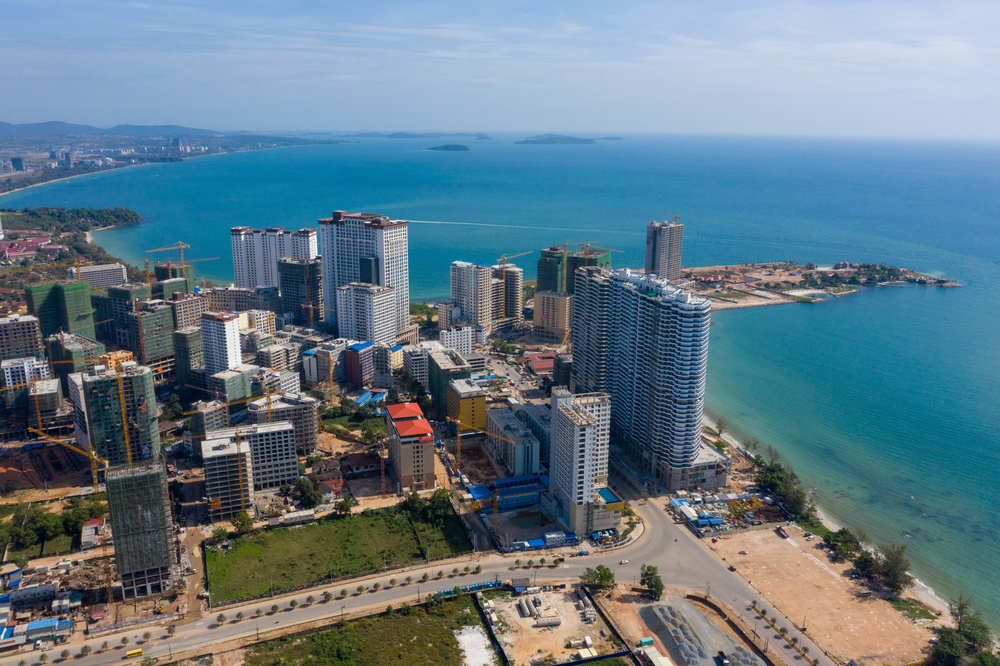
Yet developers found themselves holding more community events in 2023 to boost promotion for landed projects, according to CBRE Cambodia.
“I advise local developers to not build for investment. They should build for the firsthome buyer,” says Sorn. “When Cambodian developers build property for investors, then it’ll only add more supply to the market.”
The resurgence of tourism is set to provide an uplift to the economy and property sector. With about 5 million visitors to Cambodia from January through November, the associated influx of foreign spending is expected to unlock more capital for local property buyers.
Relying solely on local buyers is insufficient to support the landed market though. “We also need to attract more foreign buyers to come and invest in the Cambodia property market,” says Sorn. “We should not allow for foreigners to own properties everywhere, but for some certain projects, we could allow, in certain portions, for them to have the opportunity to invest in landed property.”
The most viable option for foreigners to own land in Cambodia is through the 2019 Trust Law, allowing them to acquire landed property by appointing local trustees. In November 2023, trust registrations numbered 683 cases, equivalent to USD1.223 billion in investments, according to the Trust Regulator. Foreigners accounted for 552 of the registrations.
China, traditionally the leading source of tourists in Cambodia, gave a modest turnout last year, surpassed by Thailand and Vietnam. Despite exceeding the 90,000 visitors in 2022, the figure remained lower than the 2.3 million recorded in 2019, with just over 498,000 visitors by November.
Not all Chinese ventures in the country have been well received. Cambodia is still reckoning with the fallout from the 2019 crackdown on online gambling that led Chinese investors to abandon construction projects in the port city of Sihanoukville. In November 2023, the government unveiled a raft of tax and non-tax incentives for investors to take over the stalled projects, totalling almost 400.
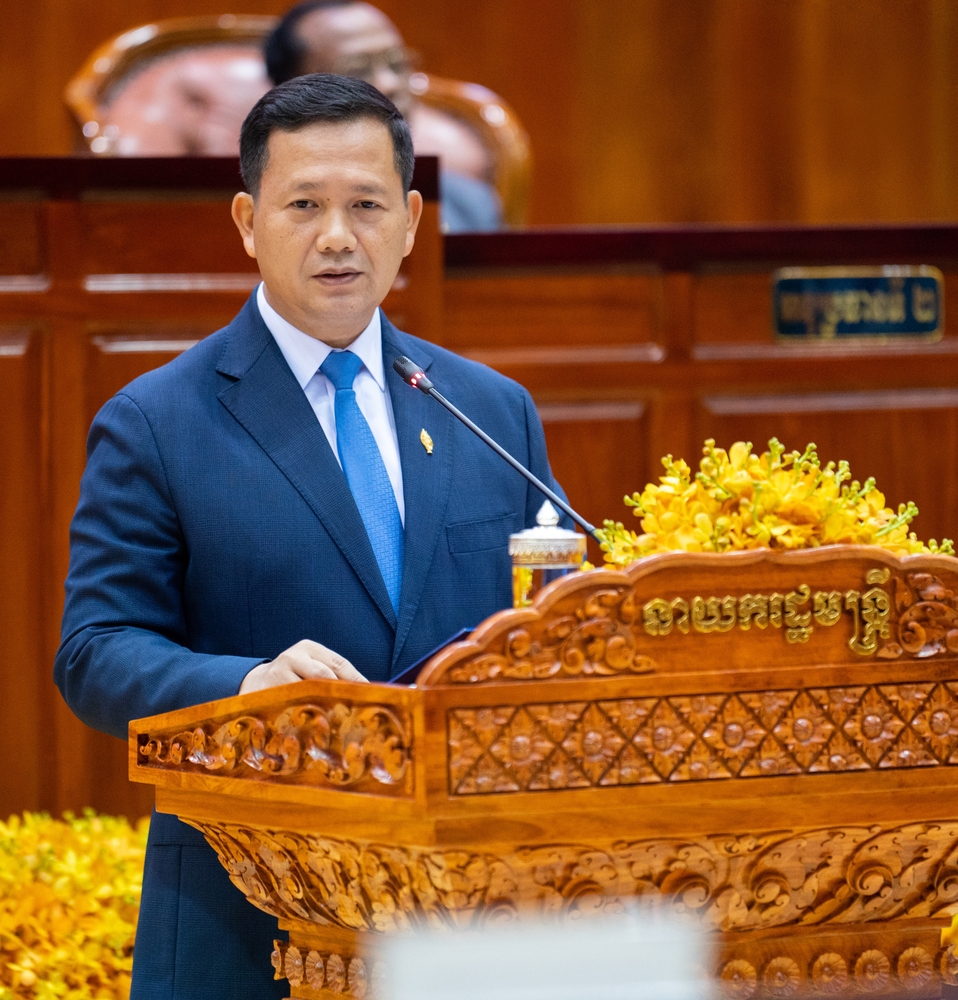
Still, China was the top fixed-asset investor in Cambodia last year, outpacing Singapore and Malaysia, according to the Council for the Development of Cambodia. The country remains in Cambodia’s good graces for financing such projects as the newly opened Siem Reap International Airport and the 187-kilometre Phnom Penh-Sihanoukville Expressway.
Hun Manet, who assumed the prime ministership from his father Hun Sen in August, has reinforced the country’s strong allyship with China.
The new government’s agriculture modernisation programme could further stimulate the market. Hun aims to steer the nation from family-based farming to large-scale commercial operations, deploying hundreds of agricultural technical officers (ATOs) to boost the country’s produce.
“Political stability in Cambodia is a promising sign for the residential property market, and agriculture and tourism will contribute more to the economy,” says Sorn. “When our agricultural products have more competitive advantage in the global market, we can sell more. People will have more money to invest in property.”
To realise his economic vision, Hun is expected to make revenue collection a cornerstone of his rule. The administration aims to implement the long-delayed Prakas No. 346, expanding the capital gains tax beyond business entities to individuals and nonresidents by the end of 2024. Additionally, tax authorities intend to impose a levy on unused land measuring 5 hectares or more in 2025.
“Landowners should use lands for business activities to make a profit instead of leaving it vacant,” the prime minister declares.
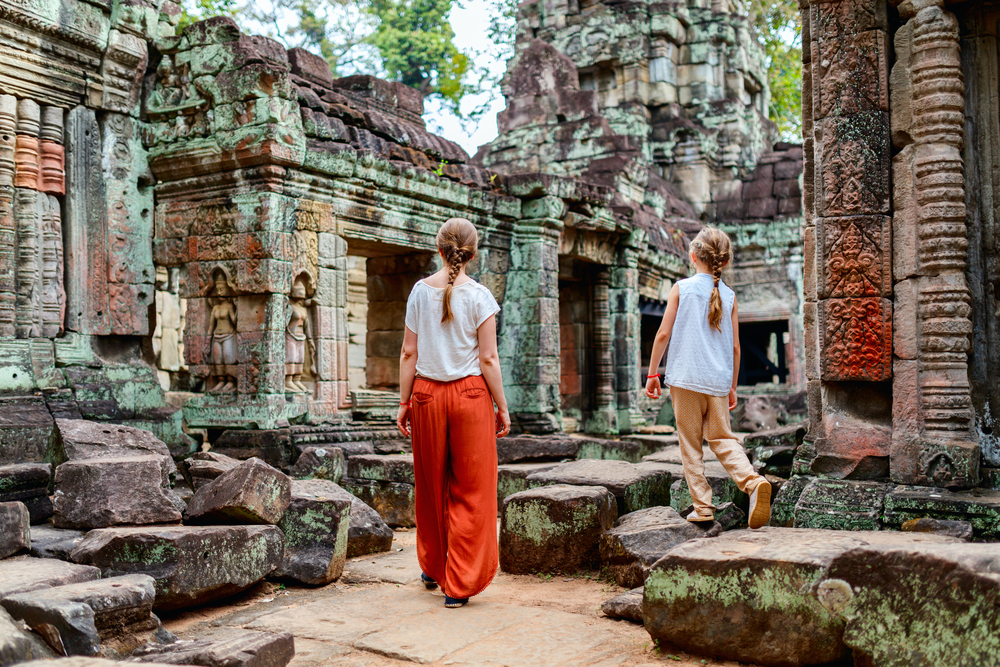
The new government would be prudent to adapt to the prevailing buyer’s market conditions. Properties continue to be available at a discounted rate, ranging between 30 to 40 percent below pre-Covid levels, with associated rental yields remaining attractive at five to seven percent annually.
“I don’t see people investing in ‘normal’ property anymore,” says Sorn. “They’re looking for only the best property in terms of location, price, return on investment, and rental cash flow. These are the things that will happen in 2024.”
Despite the bearish market sentiment, there is optimism that this trend will not be for long. “The opportunity, it’s just like ice cream,” says Sorn. “If you let it wait, it will melt.”
This article was originally published on asiarealestatesummit.com. Write to our editors at [email protected].
Recommended
Why everyone is moving to Selangor and Johor: Malaysia’s real estate comeback
Malaysia’s upturn in fortunes is especially prevalent in secondary destinations such as Selangor and Johor
Penang’s silicon boom: How the US-China tech war is supercharging local real estate
Penang’s booming semiconductor industry has created ripples within the local real estate sector
New leader, new opportunities: How Hun Manet is shaking up Cambodia’s real estate game
Hun Manet is overseeing decent economic growth and widening access to the country’s real estate market for foreigners
Singapore embraces inclusive housing reforms amid resilient demand
The Lion City’s regulatory strength continues to exert appeal for international investors








